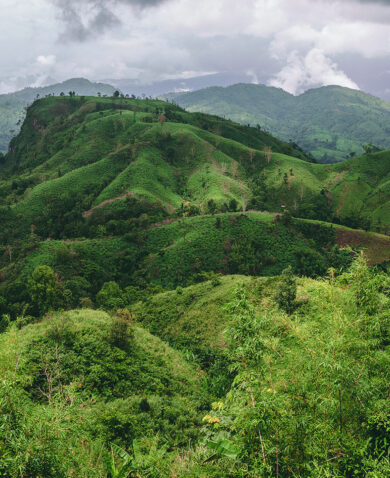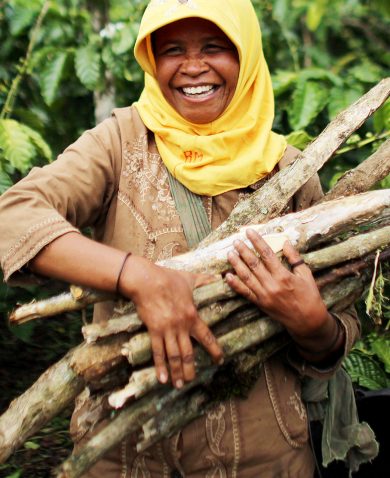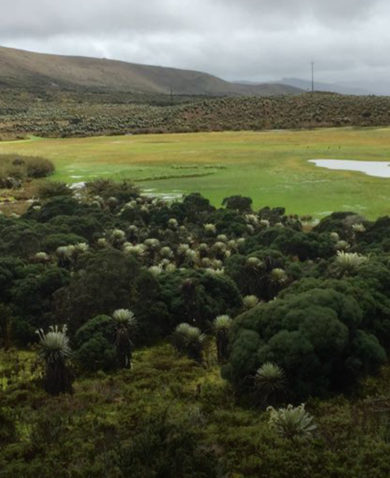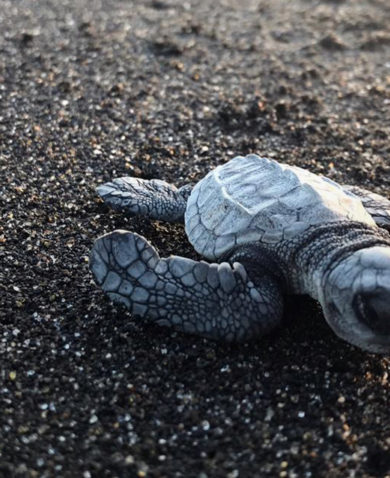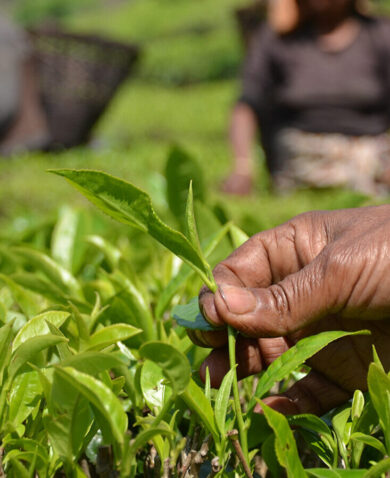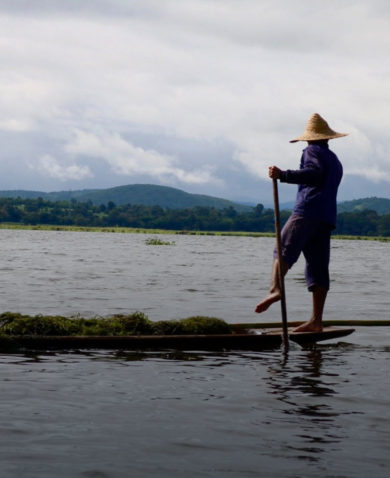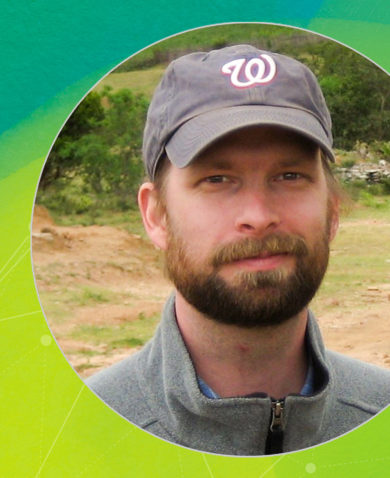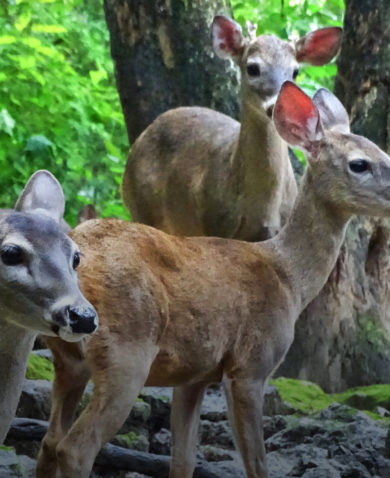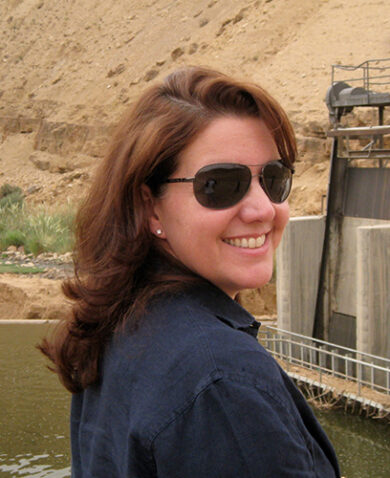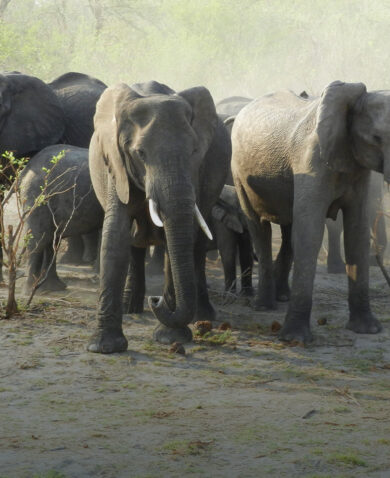
3 Questions with Sadiki Laiser on Taking Local Action to Respect the Ocean
June 8, 2023 | 3 Minute ReadChemonics’ chief of party on the USAID Heshimu Bahari Activity discusses the path that brought him home to lead an all-Tanzanian team to protect the ocean's resources.
![]()
Overfishing and the effects of climate change are challenging the resilience of Tanzania’s biodiverse marine protect areas (MPAs), but USAID Tanzania Heshimu Bahari Activity (Respect the Ocean), led by Chief of Party Sadiki Laiser, will strengthen management of protected areas and wild-caught fisheries to ensure these vital natural resources are protected. Sadiki Laiser explains what draws him to this type of work and his hopes for the future of Mainland Tanzania and the Zanzibar Archipelago’s ocean and fisheries.
1. Please tell us a little bit about the work you do
I am chief of party of the USAID Tanzania Heshimu Bahari Activity (Respect the Ocean). We work with the governments of Mainland Tanzania and the Zanzibar Archipelago, the private sector, consultants, communities, and an MPA management consortium to establish an enabling environment and science-driven framework for sustainable MPAs and wild-caught fishery management. Having led programs and projects on biodiversity, society and livelihood, climate change, water resource management and education, outreach, and advocacy for the last 17 years, my current role leading marine biodiversity conservation in Tanzania aligns with my goals of supporting the connection between land and marine development in the region.
I was drawn to a career in international development by an interest in the intersection of science and policy development to strengthen institutional capacities in managing natural resources to improve livelihoods. I have a distinct memory of seeing youth and women, often with children on their backs, earning their living fishing from the sea. This experience energizes me to support policy and partnerships that will restore and sustainably manage these same resources for future generations. It prompts questions in my mind about what might happen if these marine resources are deserted? Where would these people earn their living? These sentiments motivate me to support policy, technology, advocacy, and partnerships that will restore and sustainably manage these vital fishery resources.
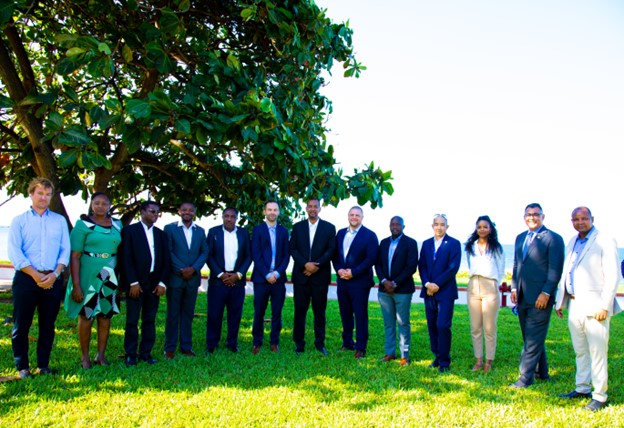
2. Why is it important to you to work in your own country?
I have spent much of my career working for a variety of international organizations with team members from all around the world. I collaborated with African governments, donors, and international NGOs to support African countries in the implementation of the International Environmental Legal Instruments. Now that I work with an entirely Tanzanian project team, I sometimes miss the diverse international experiences of my previous work, but I am happy to return to my country of origin and continue providing expertise amongst friends and family. Being close to them gives comfort, refreshes, and renews my thinking, and energizes me to achieve results in all professional spheres. Furthermore, knowing Tanzania as well as I do, allows me to use my local understanding of the socioeconomic context to effectively break through many political and cultural barriers. Overall, local chiefs of party are well-versed with political agendas and therefore can advocate for complex issues in a softer and understandable cultural context.
3. How is Chemonics supporting you to make a difference in your country?
While there are numerous benefits to working in my country of origin, there are sometimes challenges associated with it too. When we encounter challenges, we must patiently work together to find solutions to ensure continued impact and that deliverables are met while reducing attrition among the team. There are aspects of working with an international team that I miss, but I am enjoying working with an all-Tanzanian team too. It has been inspiring to embrace the local culture while sharing international standards with the team from my experience abroad. Chemonics provides local team training guided by a pool of international experts and coaching by well-informed leadership. This training and coaching, with space for innovation, are key to any organization’s success. Furthermore, Chemonics’ well-structured chain of command at international, regional, and local levels provides constructive guidance and ensures we successfully complete our goals. My mantra is to leave no one behind as we transform challenges into opportunities!
Posts on the blog represent the views of the authors and do not necessarily represent the views of Chemonics.



